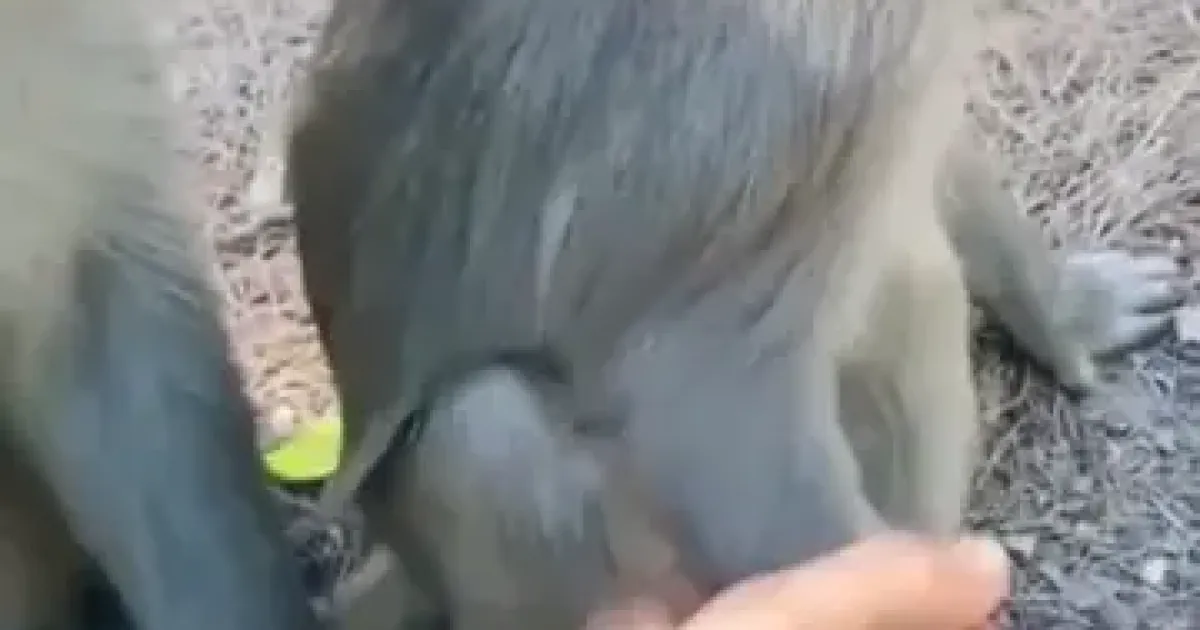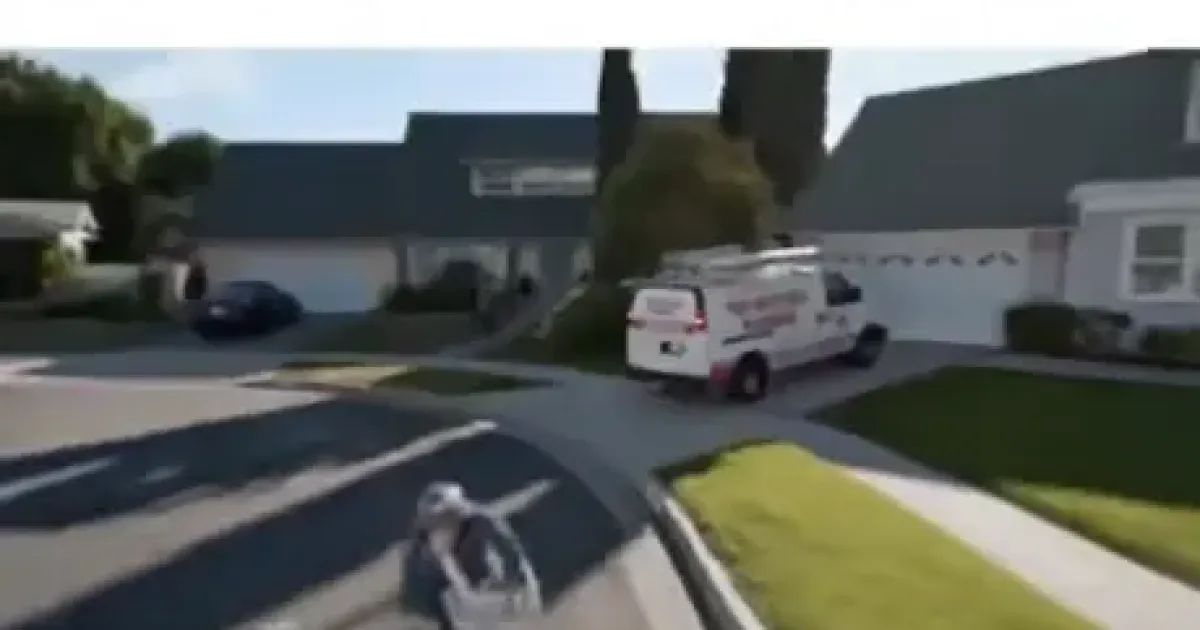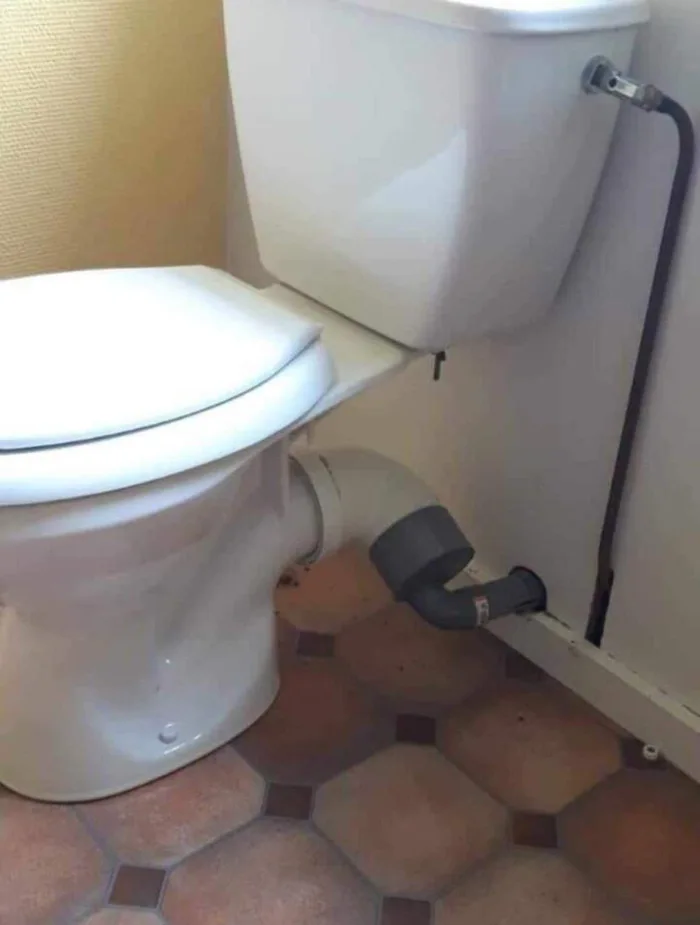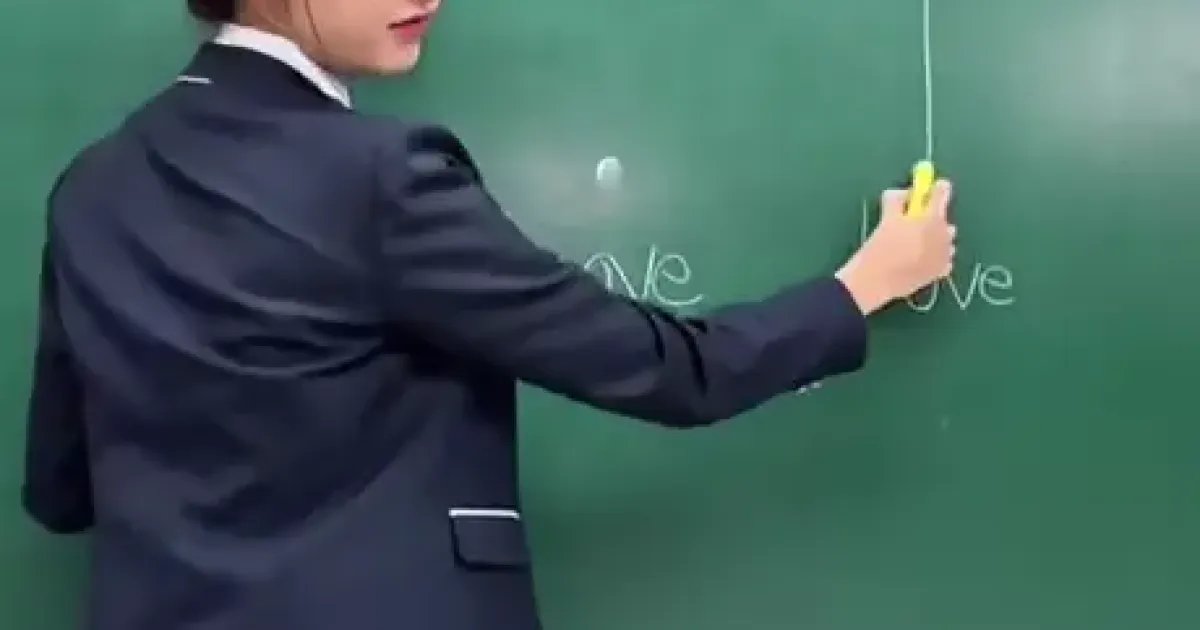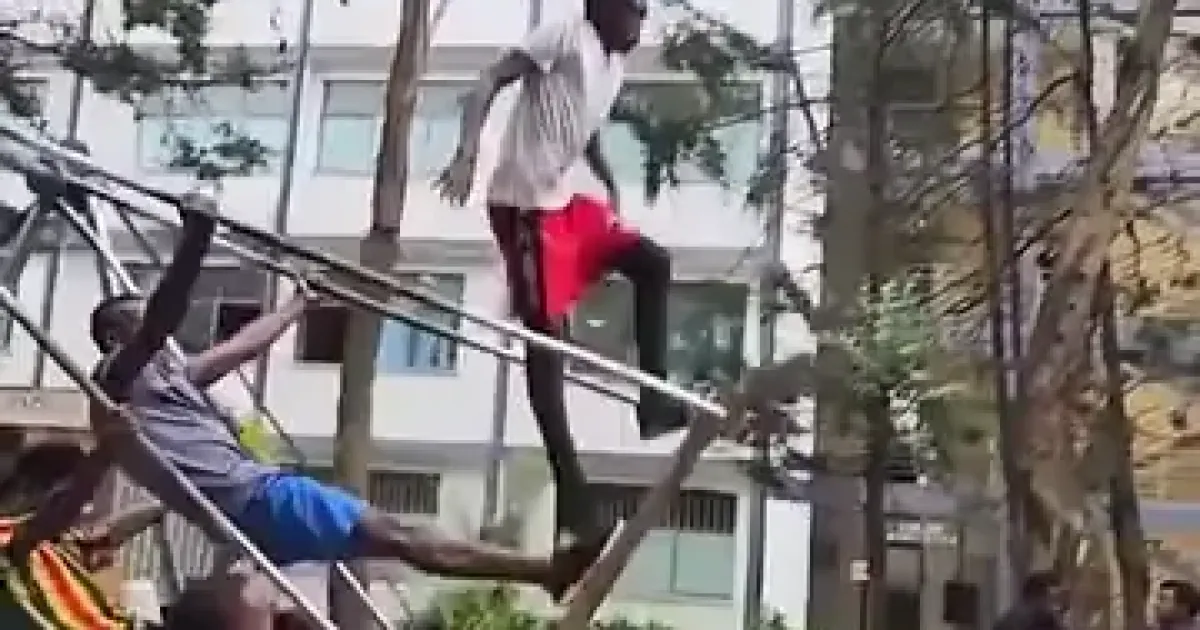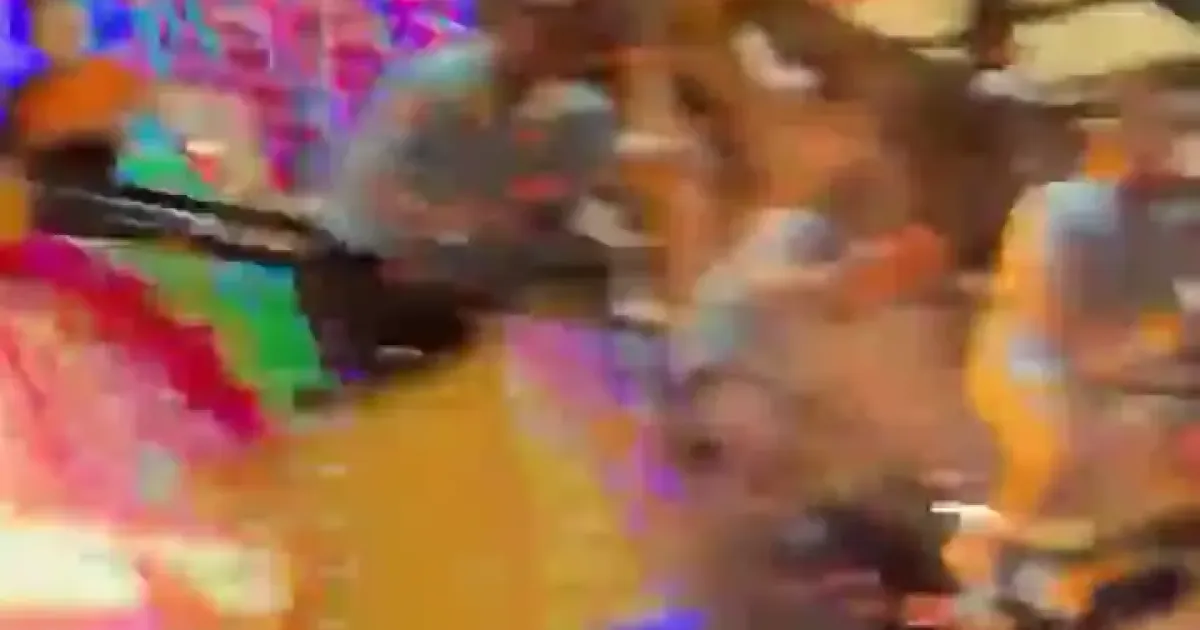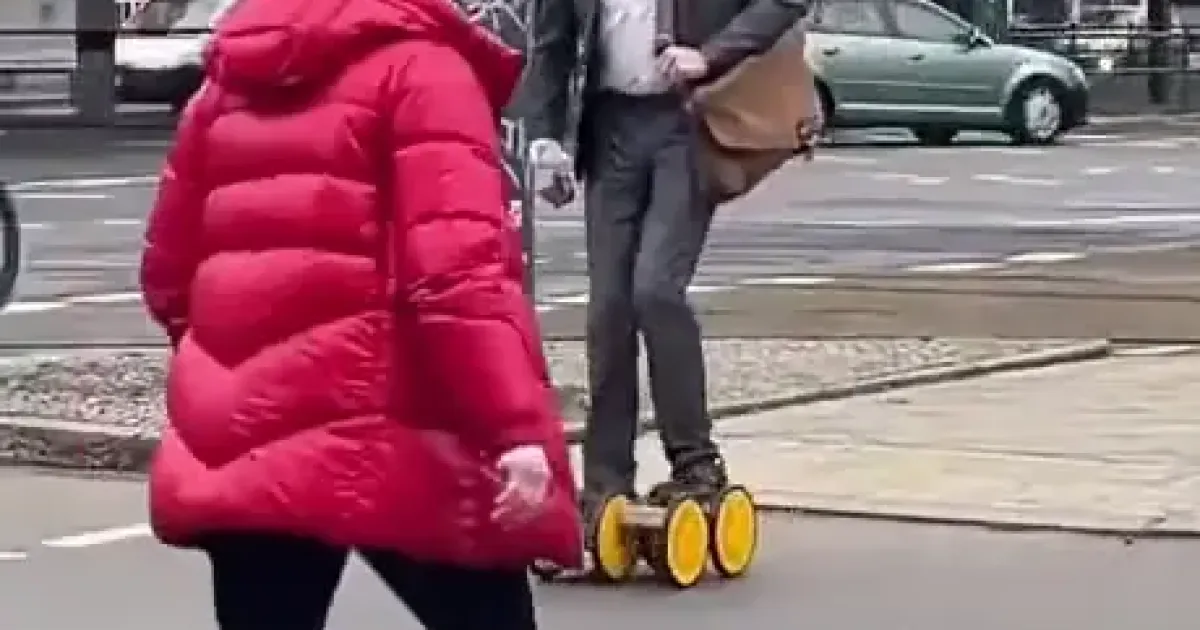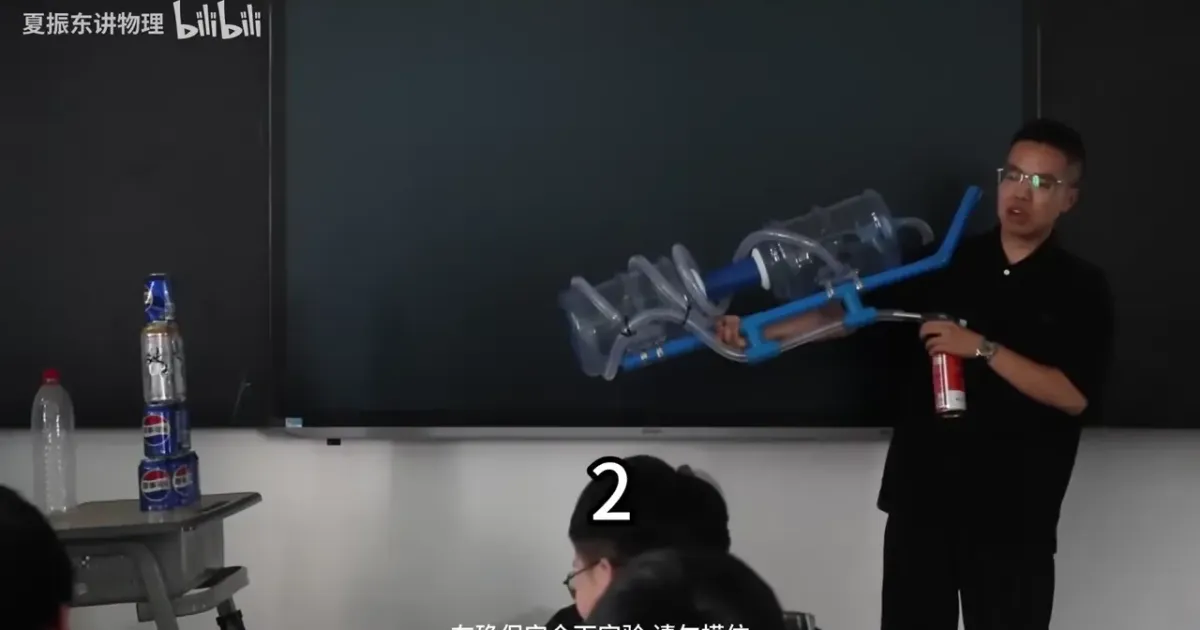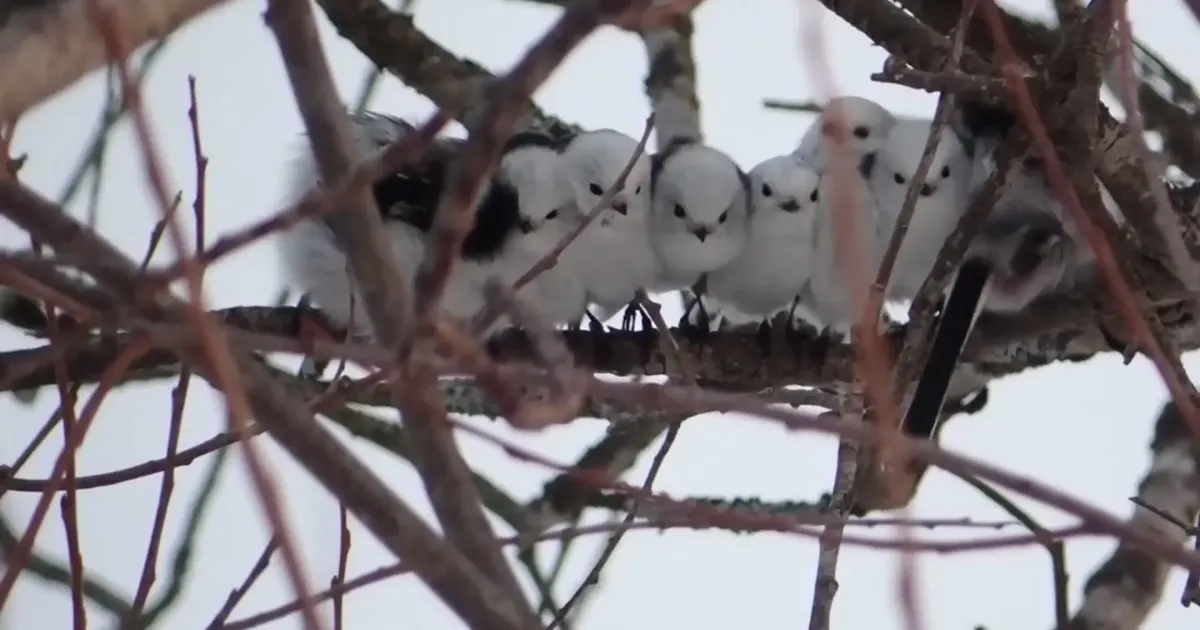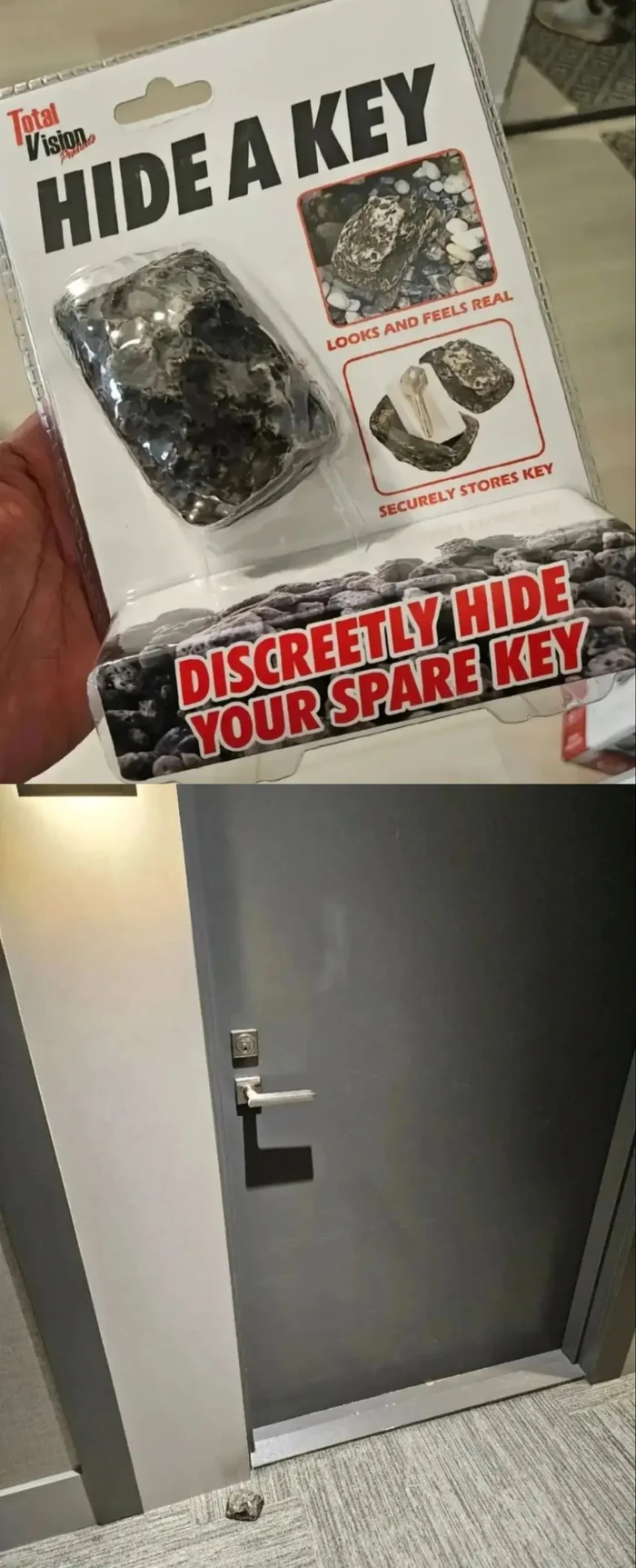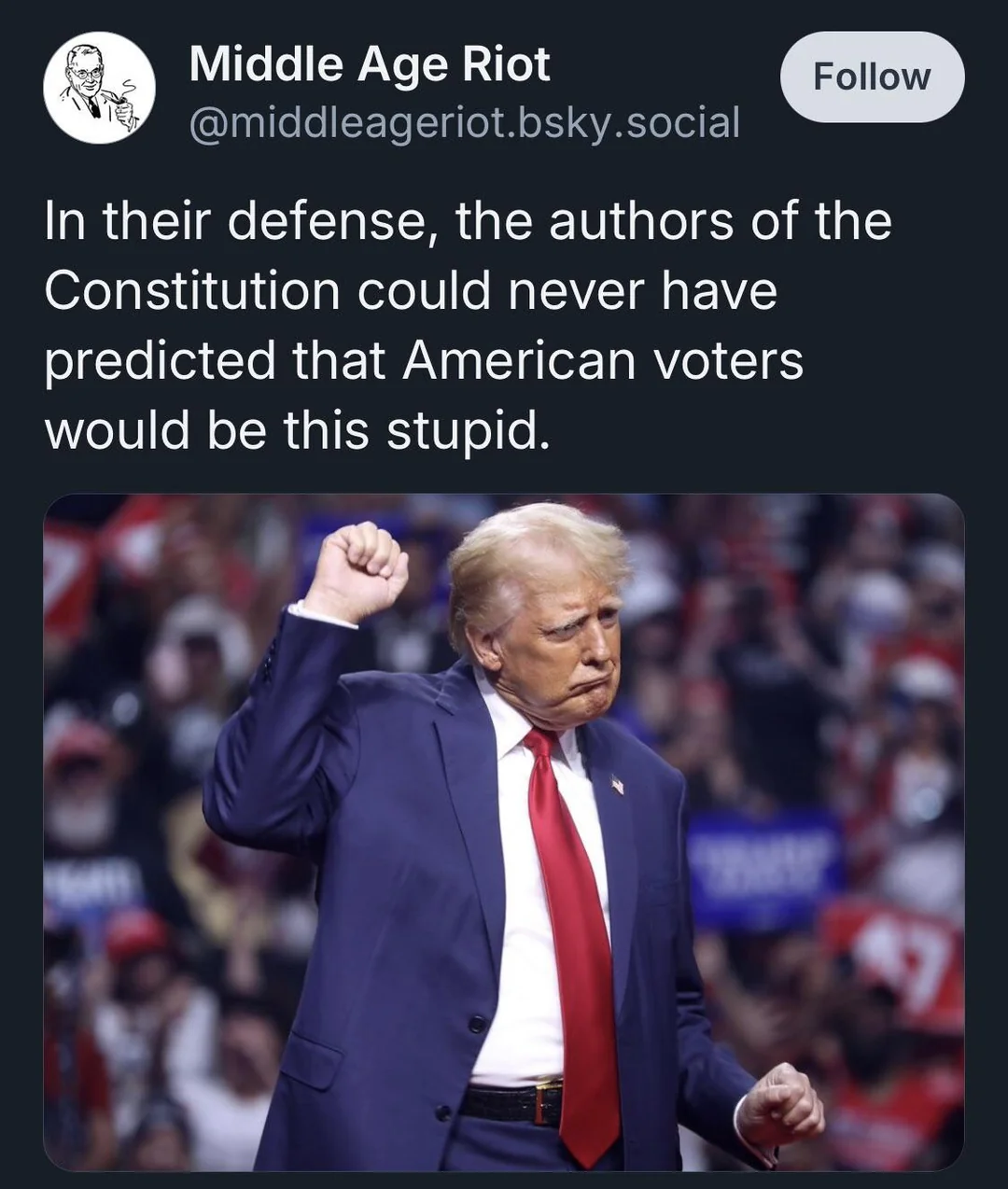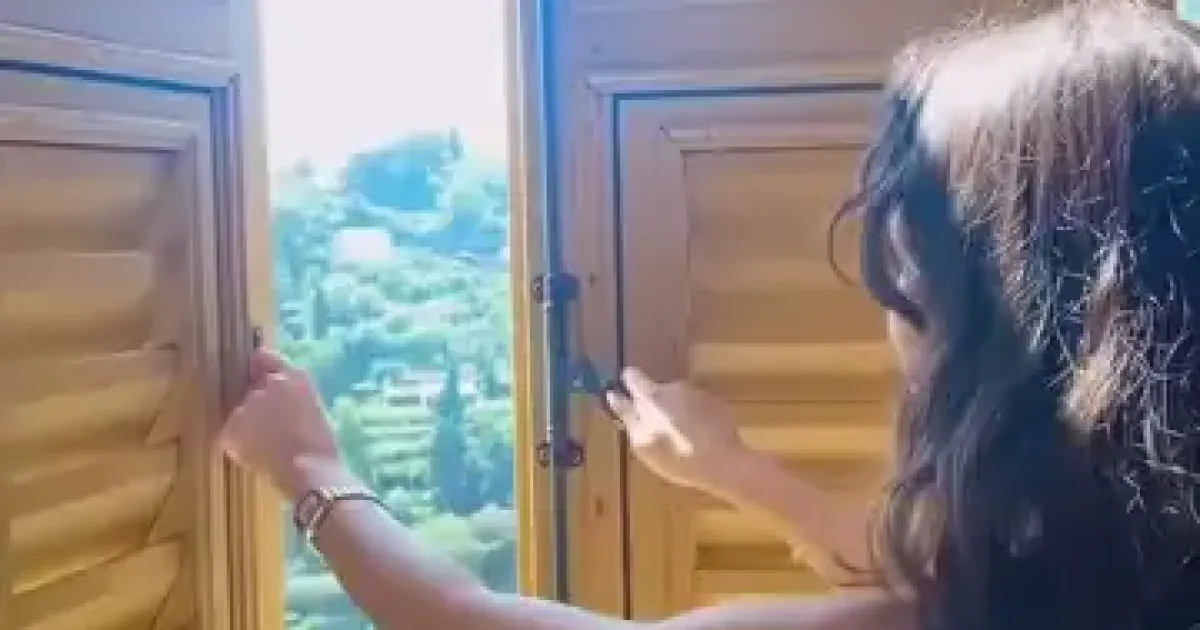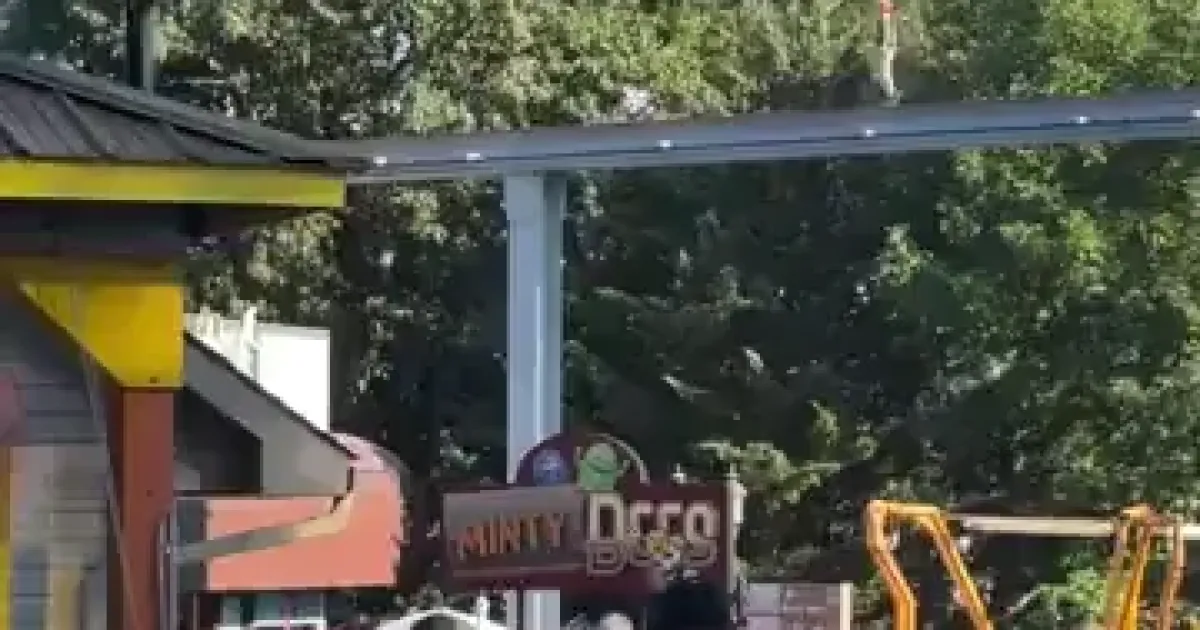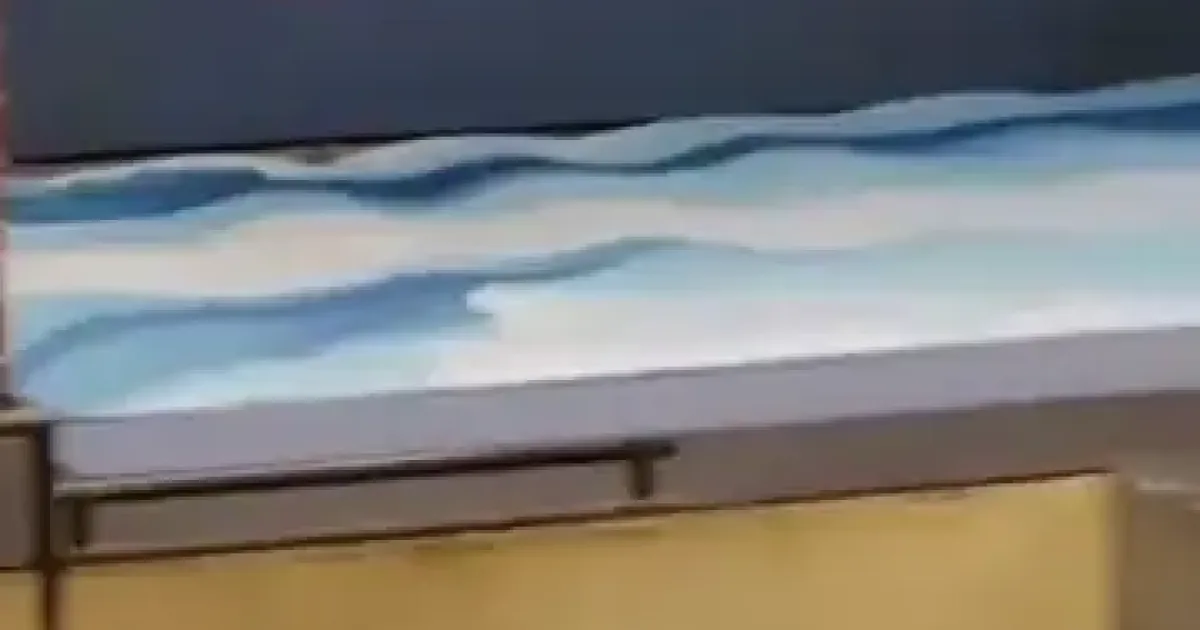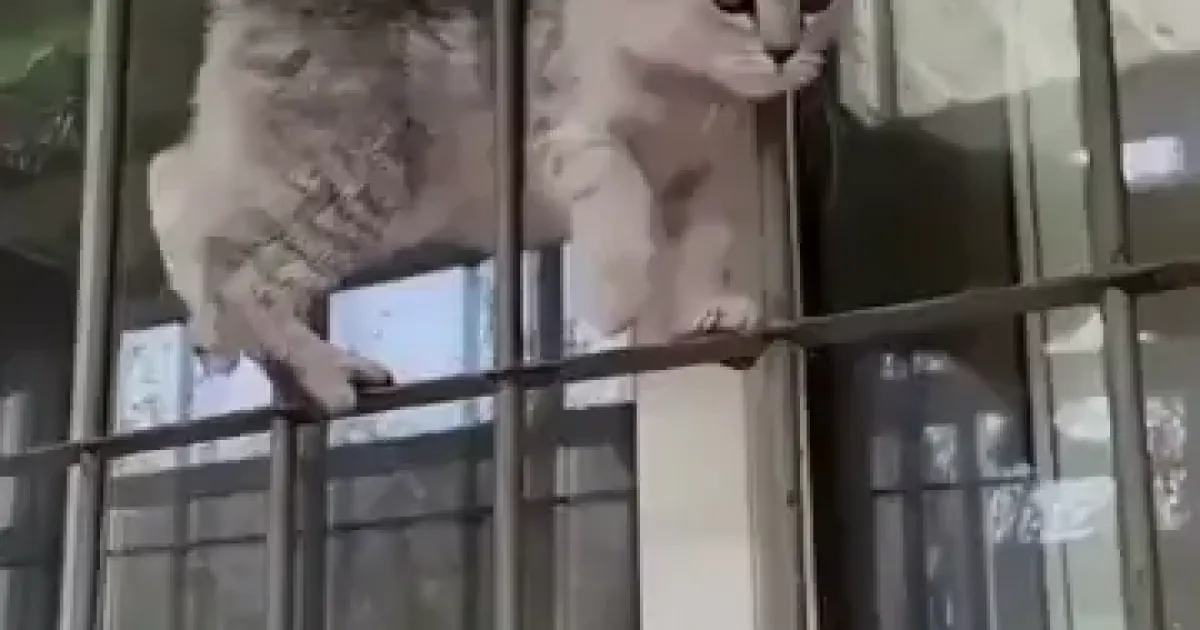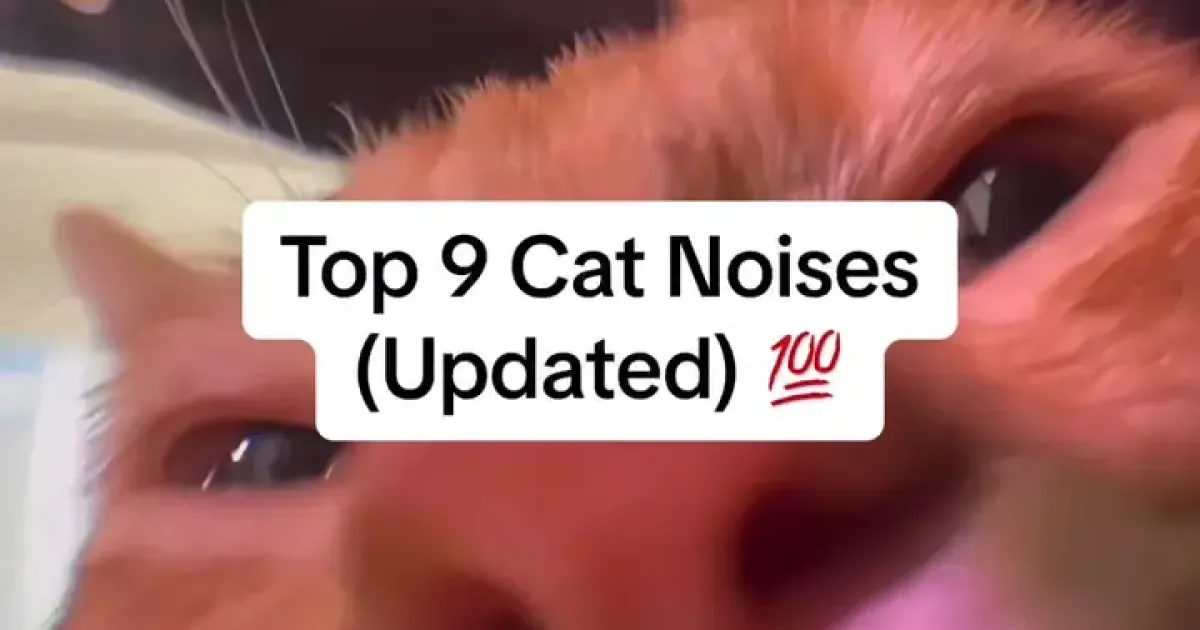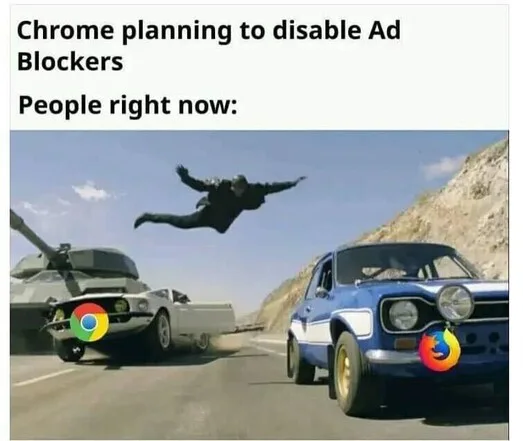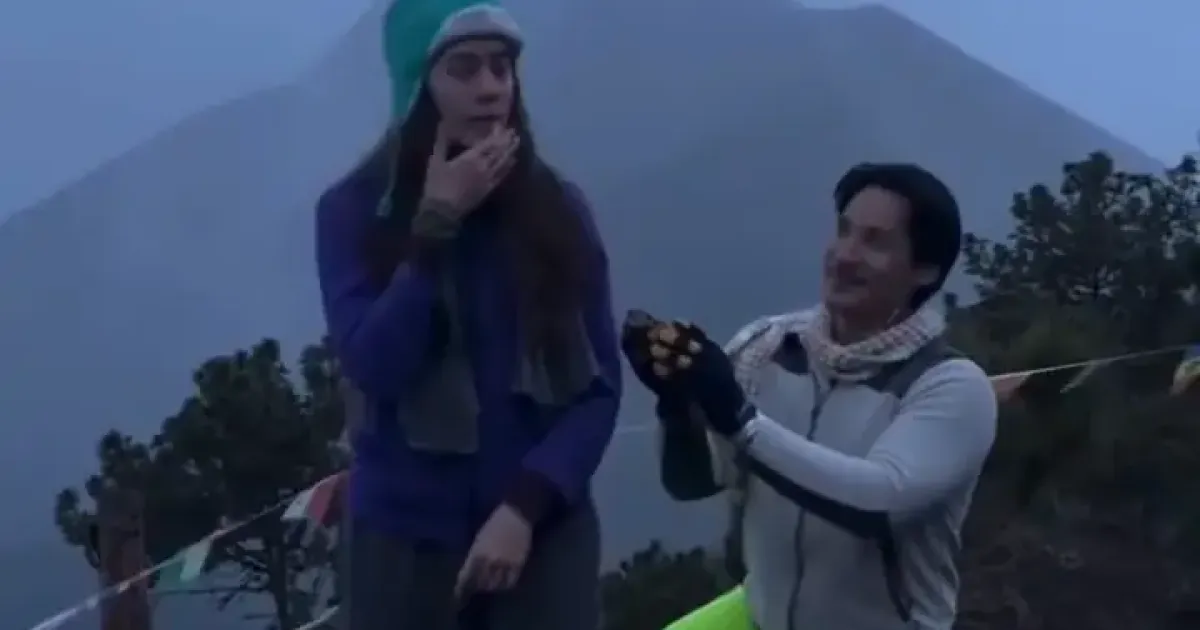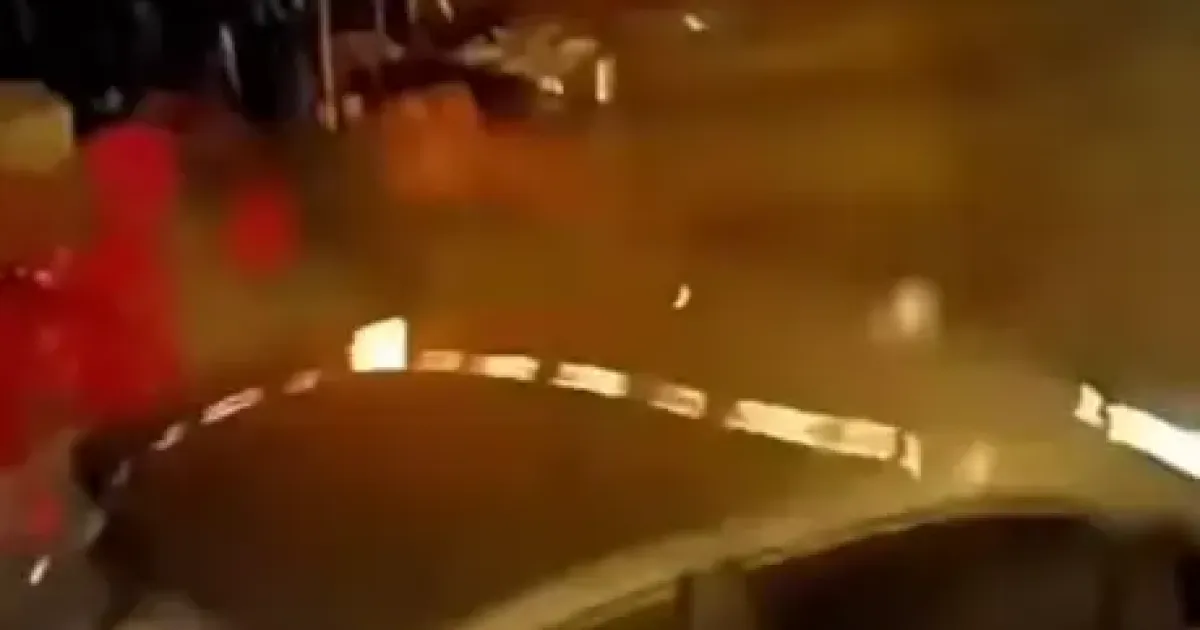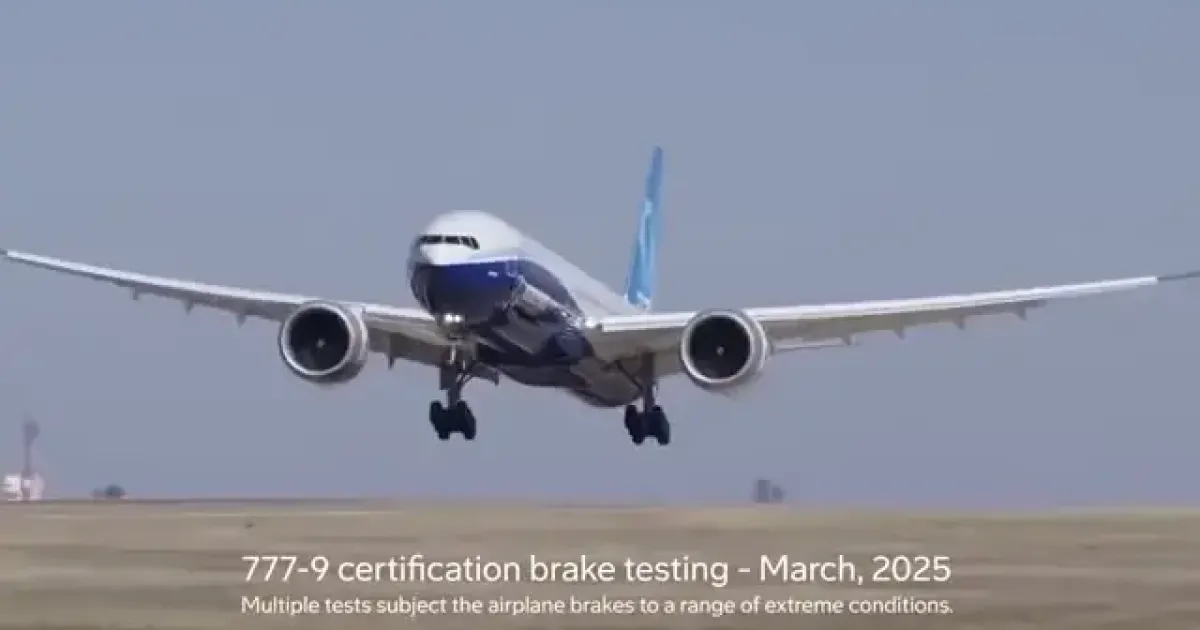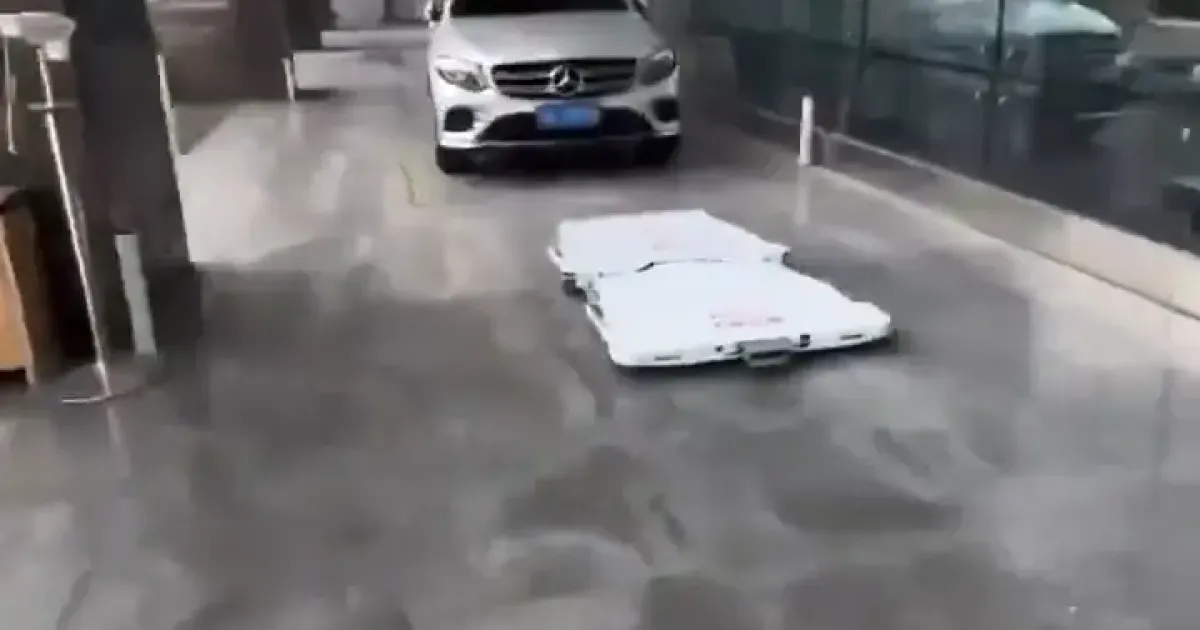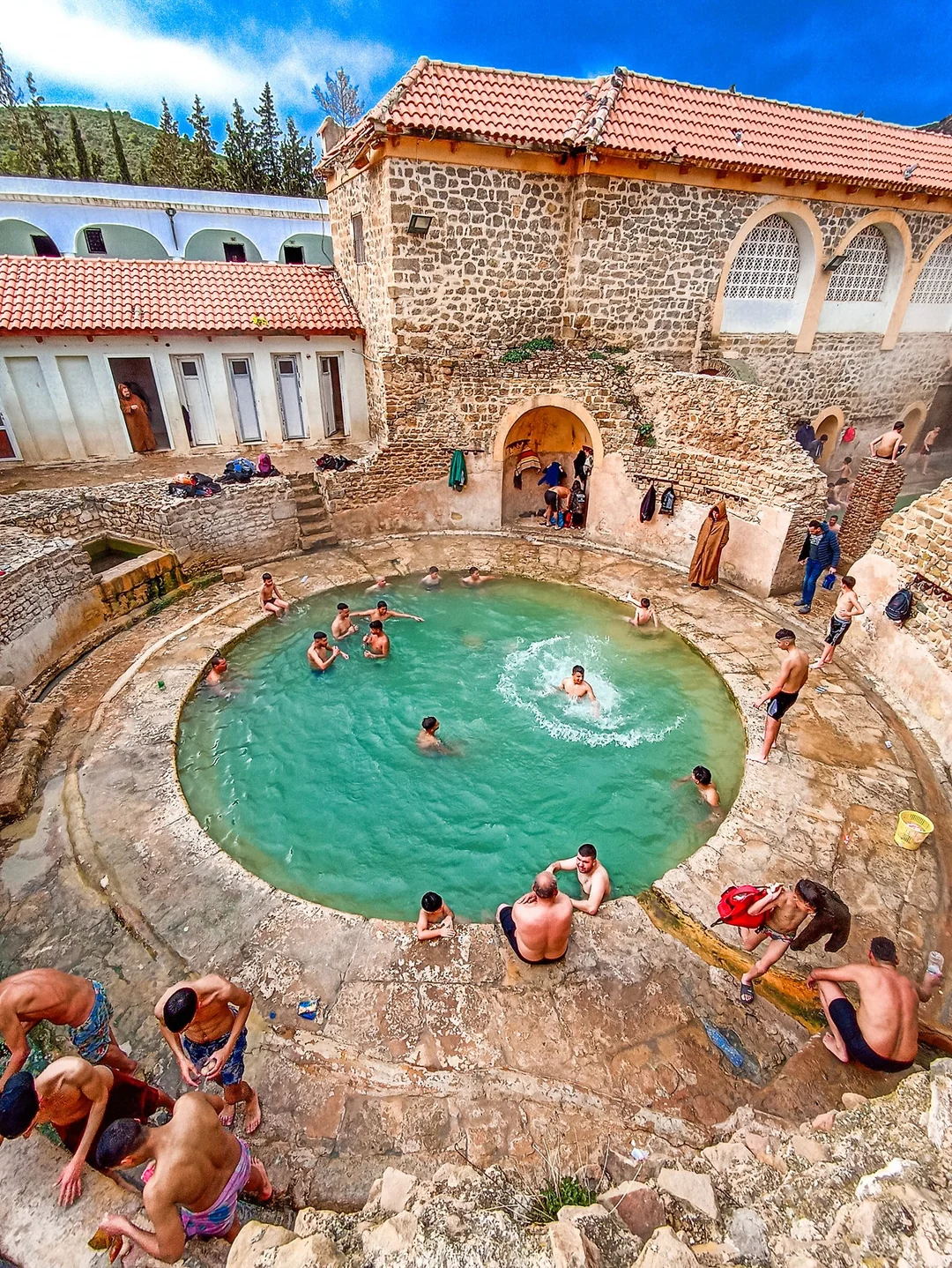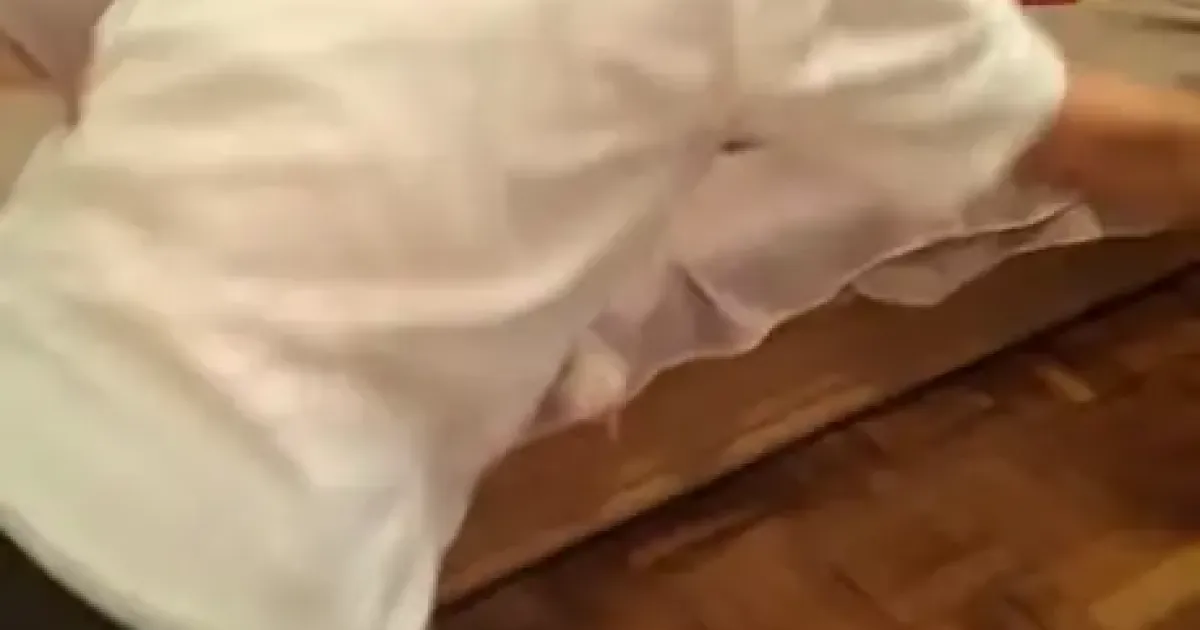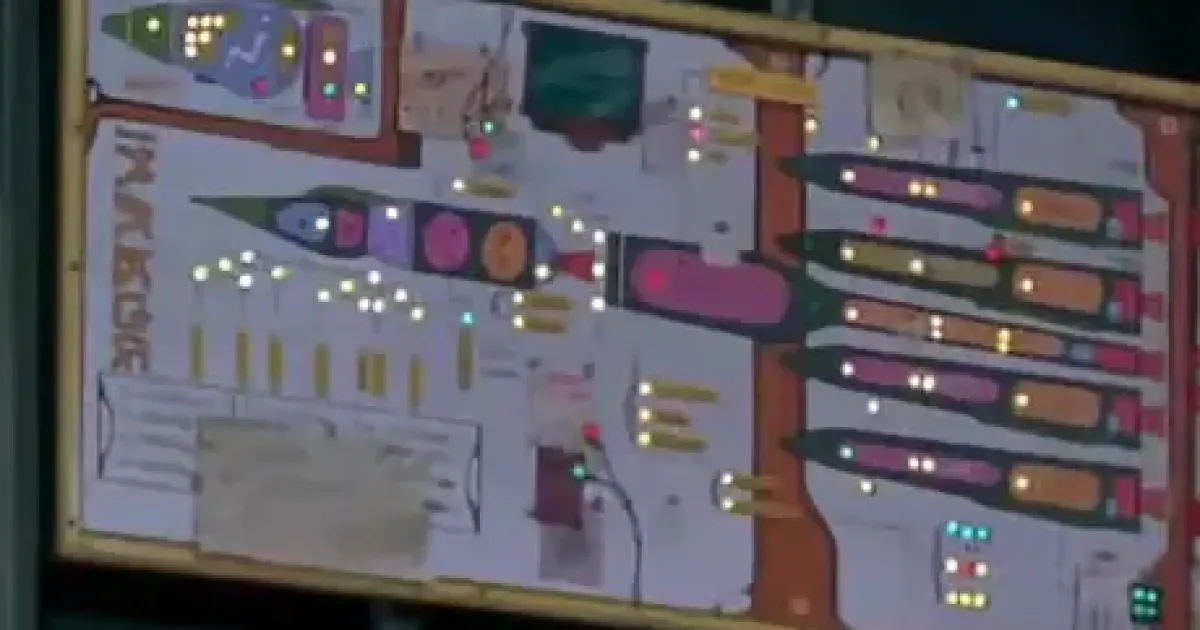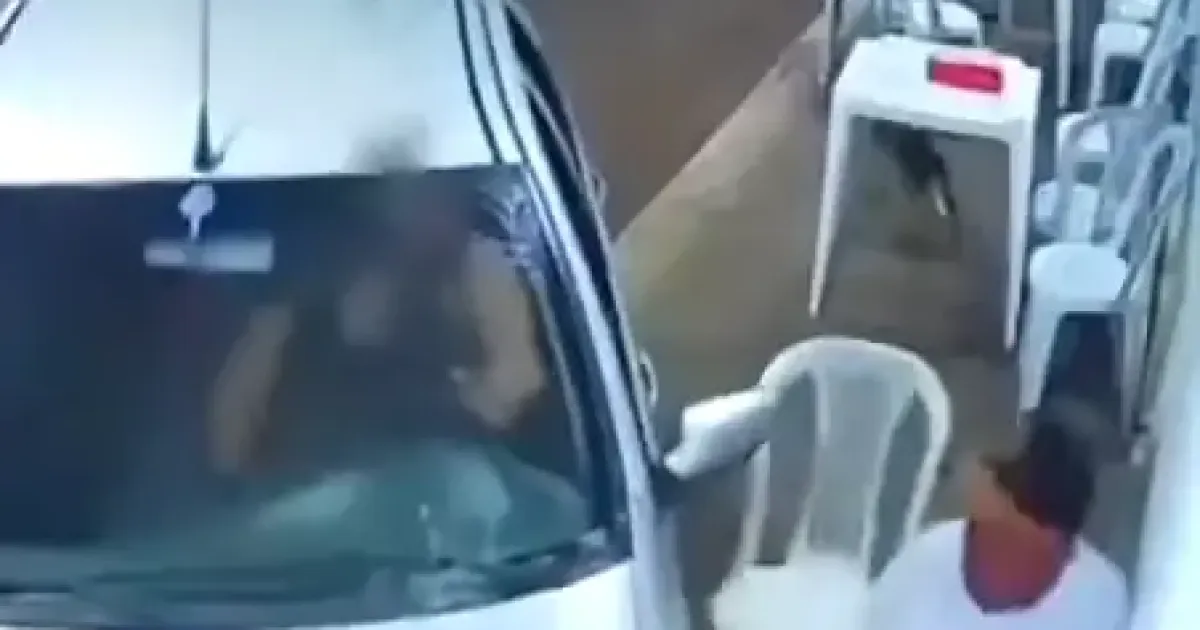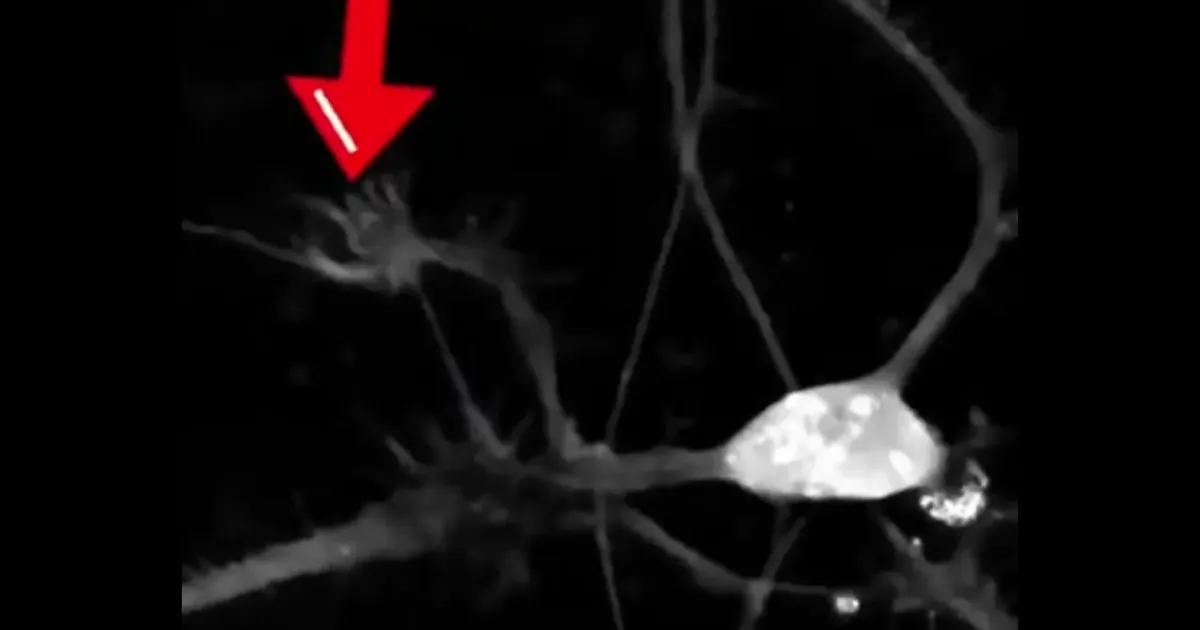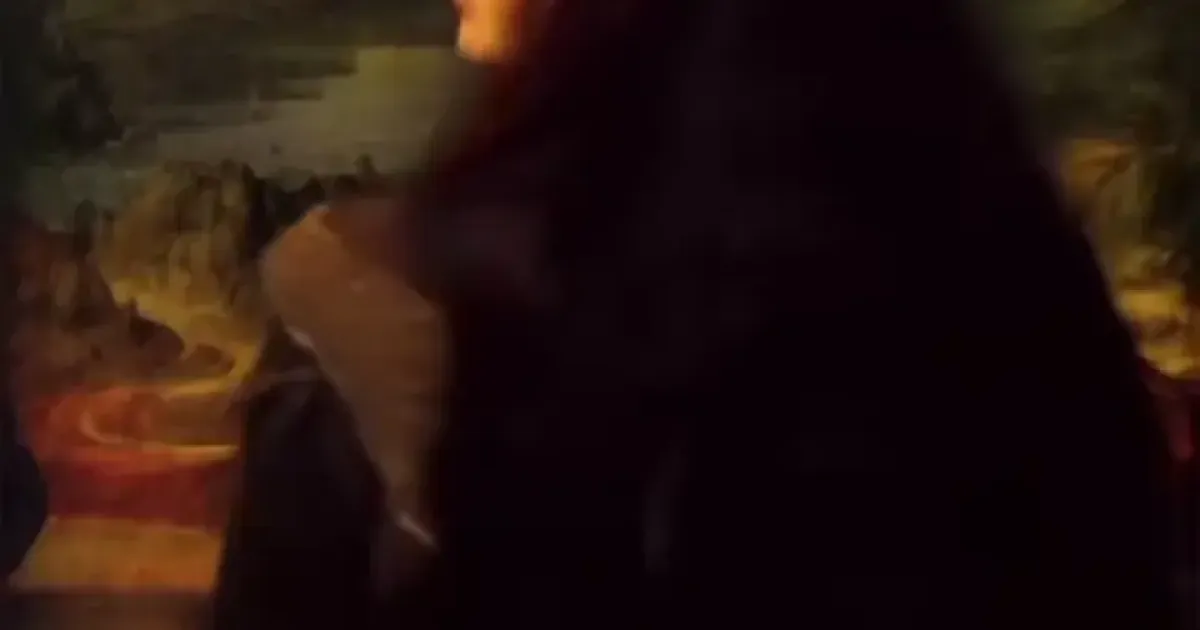
Artificial intelligence has been applied to some of the world's most famous works of art. See the impressive result of the technology era.
Artificial intelligence has revolutionized the art world by reinterpreting and recreating some of the most famous works of art. Through techniques like style transfer, AI algorithms can emulate the distinct styles of iconic artists, blending technology with creativity to produce stunning and innovative visual masterpieces. The results are a testament to the transformative power of AI in the modern era. #Art #IA Read More...

Ao menos, tô tentando
Reconheci minhas prisões para que pudesse buscar pela minha liberdade. 🦋 Read More...
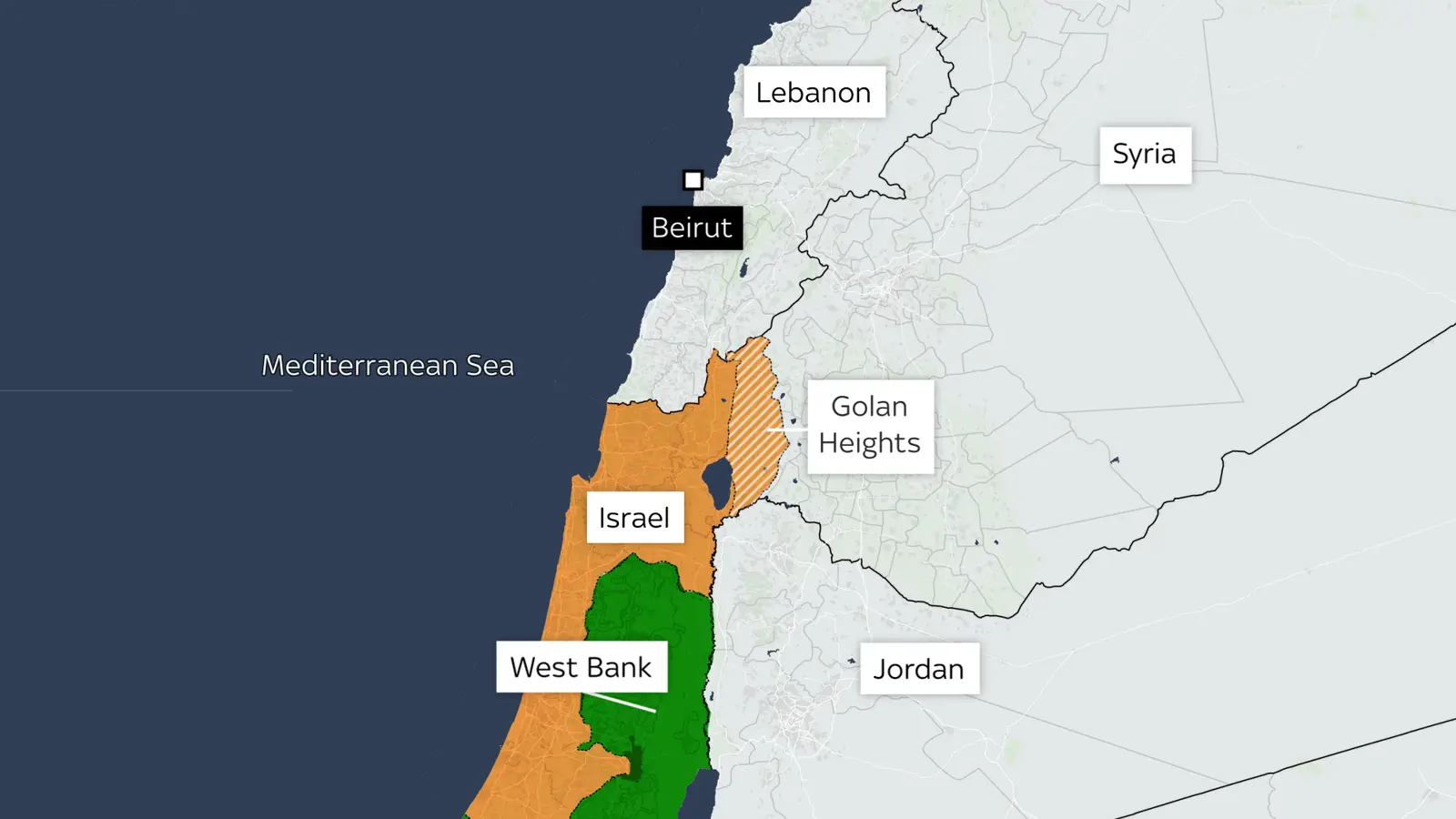
Israel will say it had no choice, but its airstrikes in Lebanon risks igniting a regional war
Israel carried out "pre-emptive" strikes against Hezbollah overnight, while the militant group says it has completed the "first phase" of an attack on 11 Israeli military sites.
This appears to have been a high-stakes Israeli military operation that risked igniting a regional war.
Israel will say it had no choice: One of the pillars of Israeli military doctrine has long been the principle that offence is the best form of defence.
It is not the first time it has used its air force hoping to defang an imminent threat. Israel insists it sent an armada of warplanes to the skies over Lebanon, more than a hundred strong, to stop an 'extensive planned attack involving thousands of rocket launches' about to be let loose by Hezbollah.
Just as Israel launched audacious air attacks obliterating Egyptian leader Gamal Abdel Nasser's air force in 1967 and Saddam Hussein's atomic programme in 1981, Israel says it despatched jets overnight to neutralise Hezbollah.
It is not clear how many enemy drones and missiles were already in the air. Hezbollah claims all 11 of its targets in Israel were hit and it launched 320 Katyusha rockets.
The primary strike it says was aimed at "a qualitative Israeli military target that will be announced later" as well as "enemy sites and barracks and Iron Dome [missile defence] platforms".
Israeli intelligence sources had claimed the airbase used in the strike on Shukr and the headquarters of Unit 8200, the Israeli military intelligence agency, north of Tel Aviv, were on Hezbollah's target list.
Advertisement
Hezbollah meanwhile says Israel's operation failed to pre-empt its long-awaited retaliation and insists it succeeded in striking targets deep within Israel.
Two questions for now: Hezbollah's next move and what this does to efforts to end the war in Gaza.
Will Hezbollah draw a line under the Shukr/Haniyeh affair? The organisation says today's action is over but is more planned in the coming days? All eyes are on its commander Hassan Nasrallah who will address his faithful by video link tonight.
He has not been seen in public since Hezbollah's war with Israel in 2006 for fear of being assassinated by Israeli jets himself.
Hezbollah attacked Israel in the wake of Hamas atrocities on 7 October and has been locked in an almost daily artillery duel with Israel over their border ever since.
Israeli intelligence claims Hezbollah has amassed an arsenal of 150,000 missiles secreted in the hills of southern Lebanon since 2006, 10 times the amount it possessed back then.
It has so far refrained from unleashing that firepower: Analysts believe its paymasters and patrons in Tehran prefer to keep that armoury in reserve as an insurance policy for the day Israel may attack Iran itself, as well as its alleged nuclear programme.
But Israel has been testing that theory for months now, responding with force to Hezbollah's attacks in the north. Each exchange of fire has the potential to escalate the region into a wider war through miscalculation and unintended mass civilian casualties.
So far, events overnight do not seem to have upended the fragile efforts towards a ceasefire in Gaza. Delegations are still on their way to Cairo for the next round of talks. If anything the escalation reemphasises the urgency behind the diplomacy.
But it could also offer the Israelis a distraction, should they want one, from huge pressure from the US to make the concessions required to reach a deal.
Most Israeli observers believe Israel's Prime Minister Benjamin Netanyahu does not want a ceasefire on the terms currently being negotiated for fear it could lead to his coalition government falling apart.
But US, Qatari and Egyptian mediators insist the truce terms are the best and possibly last chance of bringing home Israel's hostages and ending the war.
They also believe a ceasefire in Gaza is the best way of reducing tensions in the north - which have exploded overnight so spectacularly.
Read More...
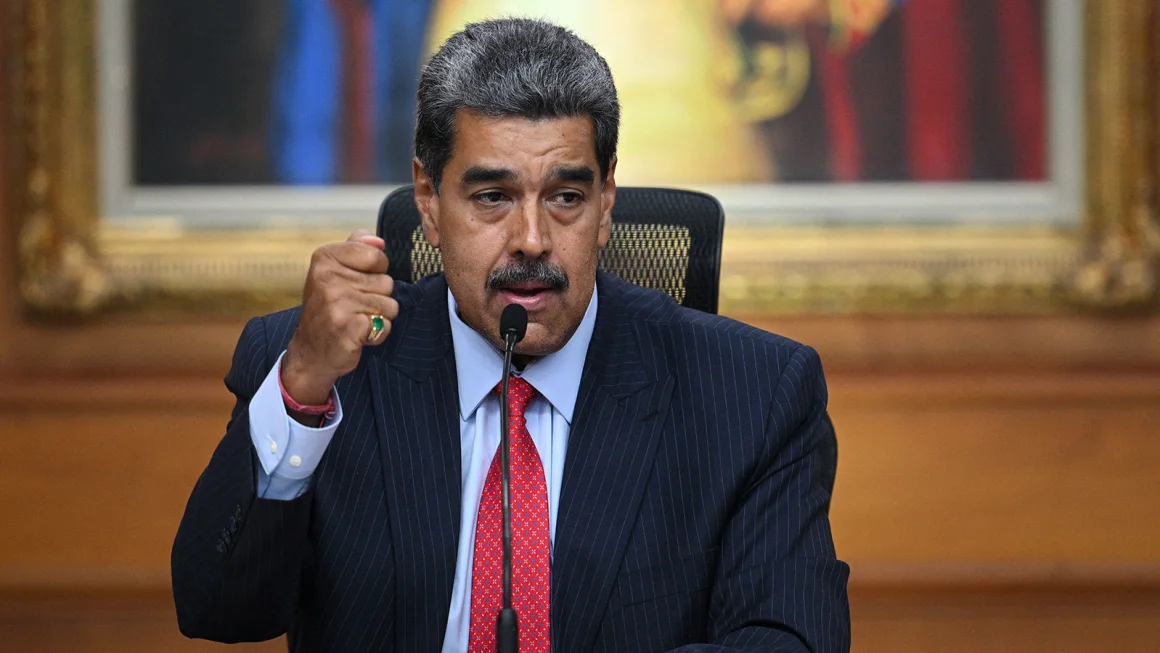
Maduro warns he’ll call for a ‘new revolution’ if forced by ‘North American imperialism’
Venezuela’s President Nicolas Maduro warned Wednesday that he will not hesitate to call on the population for a “new revolution” if forced by what he calls “North American imperialism and fascist criminals.”
Maduro’s comments come amid deadly protests across the country following its disputed presidential election victory, which the US and several other countries have refused to recognize.
“I would not like to go to other ways of making revolution, I say it solemnly from political power, we want to continue the path that [Hugo] Chavez outlined,” Maduro said in Caracas during a press conference with international media.
“But if North American imperialism and fascist criminals force us, my pulse will not tremble to call the people to a new revolution with other characteristics,” he added.
The president’s comments come just hours after US National Security spokesman John Kirby called on Maduro to “come clean” on Sunday’s election.
“Our patience, and that of the international community, is running out on waiting for the Venezuelan electoral authorities to come clean and release the full, detailed data on this election so everyone can see the results,” Kirby told reporters during Wednesday’s White House press briefing.
Kirby said the US and other nations share “serious concerns of the reports of casualties, violence and arrests, including the arrests warrants that Maduro and his representatives issued today (Wednesday) for opposition leaders.”
“Alongside the international community, we are watching, and we are going to respond accordingly,” Kirby said.
20 ‘credible reports’ of deaths
The Venezuelan leader’s comments came as Human Rights Watch (HRW) said it had received 20 “credible reports” of deaths connected to the nationwide protests over the election results.
“We are working to document and corroborate each case,” Juanita Goebertus, HRW Director for the Americas, wrote on X.
Foro Penal, a local NGO, reported on Tuesday that a total of 11 people have died during the protests.
Of those killed, five died in Caracas, two in Zulia and Yaracuy, and one in Aragua and Tachira, the head of Foro Penal, Alfredo Romero, told reporters on Tuesday.
CNN has reached out to Venezuela’s Public Prosecutor for comment.
So far, the Venezuelan government has not published any information regarding the death of civilians.
Read More...
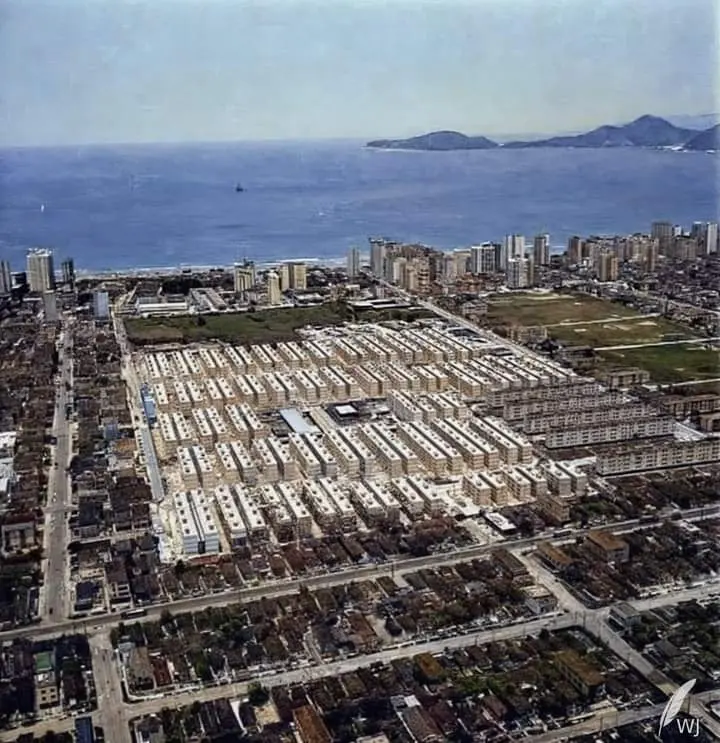
Eu só tenho uma magrela e um apê no BNH 🎵
Eu só tenho uma magrela e um apê no BNH 🎵
#CharlieBrownJr
O BNH de Santos- SP
Bairro de Aparecida, década de 70
O Conjunto Habitacional Marechal Humberto de Alencar Castelo Branco, mais conhecido como BNH (Banco Nacional de Habitação) foi idealizado por um consórcio de quatro cooperativas de trabalhadores para a construção de um conjunto habitacional de habitação coletiva.
Para o projeto arquitetônico foi aberto um concurso regional em 1967, coordenado pelo Instituto de Arquitetos do Brasil seção de São Paulo, do qual saiu vencedora a equipe do arquiteto Oswaldo Corrêa Gonçalves, formada pelos arquitetos Paulo Buccolo Ballario e José Wagner Leite Ferreira. O projeto resultou em 97 prédios de quatro pavimentos.
Em 1971 foram entregues as primeiras chaves.
Read More...
